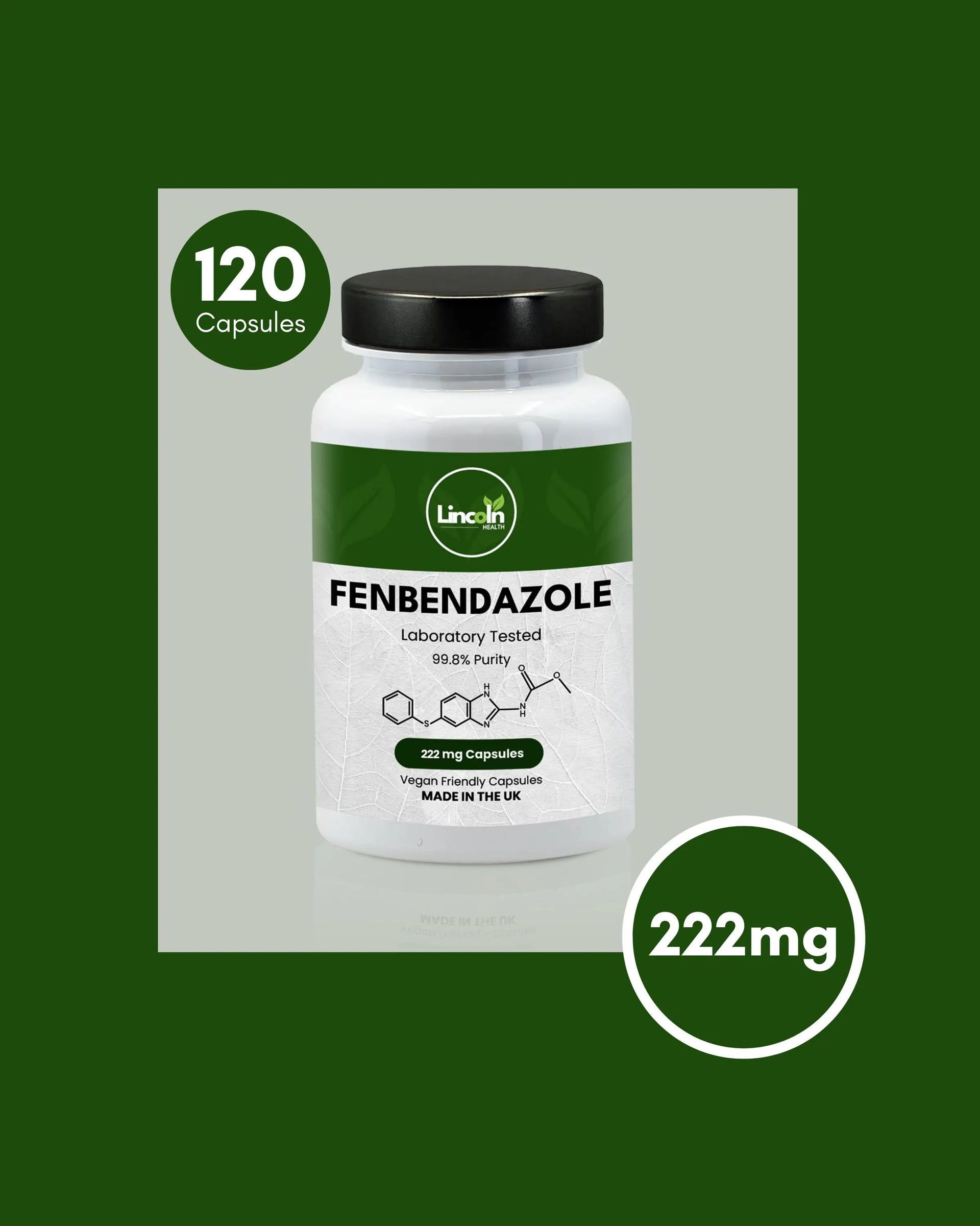Recognizing the Benefits and Uses of Fenbendazole in Vet Medication
Fenbendazole has developed itself as a key anthelmintic in veterinary medicine. Its capacity to target different parasitical infections makes it a beneficial tool for veterinarians. The medication's device disrupts crucial cellular processes in parasites, leading to efficient therapy end results. Nonetheless, its security account differs in between types, demanding mindful factor to consider in its usage. Comprehending these characteristics can shed light on fenbendazole's broader effects in veterinary care and continuous study into its possible beyond traditional applications
Device of Activity of Fenbendazole

Typical Parasitic Infections Dealt With With Fenbendazole
A selection of parasitic infections are effectively treated with fenbendazole, making it a versatile option in vet medicine. This anthelmintic representative is especially reliable versus nematodes, consisting of roundworms and hookworms, which typically impact dogs and felines. It is additionally used for the therapy of cestodes, such as tapeworms, supplying a wide spectrum of activity versus both types of intestinal bloodsuckers. In addition, fenbendazole is advantageous in handling infections triggered by protozoa, specifically Giardia, which can cause stomach distress in pets. Its effectiveness encompasses treating specific lungworms in pooches and felines, resolving respiratory health concerns linked to these bloodsuckers. On the whole, fenbendazole's ability to target several parasitical species makes it a beneficial tool in vet technique, ensuring the health and well-being of animals impacted by these typical infections.
Security and Efficiency in Different Pet Variety
The safety and security and effectiveness of fenbendazole differ amongst various pet varieties, underscoring the significance of species-specific factors to consider in vet medication. In pooches, fenbendazole is usually well-tolerated and effective against a variety of stomach parasites, consisting of roundworms and hookworms. For felines, nonetheless, its usage is less usual and may require mindful application as a result of possible damaging responses.
In animals, such as livestock and lamb, fenbendazole shows performance against numerous endoparasites, contributing to improved wellness and efficiency. Nonetheless, the pharmacokinetics and possible negative effects can differ markedly between types, demanding mindful assessment by veterinarians.
Horses likewise react positively to fenbendazole, specifically for dealing with strongyles and ascarids, though dosage and management routes should be tailored to their distinct physiology. Recognizing these distinctions is vital for maximizing treatment results and ensuring pet well-being across varied types.
Administration and Dosage Standards
Proper administration and dose standards are vital for making best use of the restorative results of fenbendazole while minimizing possible negative effects. The dosage typically differs depending on the species being dealt with, the specific problem, and the formulation of fenbendazole made use of. 222 mg. For pets and felines, a typical dosage is 50 mg/kg body weight, carried out daily for three successive days, yet veterinarians might change this based upon individual health and wellness analyses
It is necessary to provide fenbendazole with food to enhance absorption and minimize gastrointestinal upset. The medicine is offered in numerous forms, including granules and paste, permitting versatile management alternatives. Keeping an eye on the animal's reaction throughout and after treatment is recommended to verify efficiency and safety and security. Furthermore, veterinary assistance is vital to determine the appropriate period of therapy based upon the sort of parasitical infection being resolved, assuring optimal outcomes for the pet's health.
Future Point Of Views and Research Study on Fenbendazole
Research study on fenbendazole remains to advance, concentrating on its prospective applications past typical antiparasitic usages. Current researches see page have actually discovered its performance in dealing with numerous types of cancer, particularly in veterinary oncology. Preliminary information recommend that fenbendazole might hinder the growth of growth cells and improve the results of other chemotherapeutic agents.
In addition, scientists are exploring its function in handling gastrointestinal conditions in animals, highlighting its anti-inflammatory residential properties. The adaptability of fenbendazole for different species increases inquiries regarding its safety and security profiles and ideal dosing programs visit this website in varied populations.
As rate of interest expands, there is a need for complete clinical trials to develop evidence-based guidelines for these novel applications. Future research might also check out the mechanisms behind fenbendazole's results, possibly paving the means for innovative restorative approaches in veterinary medicine. The continuous expedition of fenbendazole can significantly improve therapy alternatives for numerous vet problems.

Frequently Asked Concerns
Is Fenbendazole Safe for Pregnant Animals?
The safety and security of fenbendazole for pregnant animals continues to be unpredictable. While some research studies suggest marginal danger, veterinarians generally recommend caution and frequently discourage its usage while pregnant unless the advantages clearly outweigh possible threats.
Can Fenbendazole Be Made Use Of in Animals?
Fenbendazole is frequently used in animals to treat numerous parasitic infections. 222 mg. Its efficacy versus gastrointestinal worms makes it a valuable anthelmintic, adding to boosted health and productivity in pets raised for food and fiber
What Are the Side Results of Fenbendazole?

The side impacts of fenbendazole might consist of intestinal disturbances, lethargy, and allergic responses. In unusual instances, a lot more extreme reactions might occur, demanding careful surveillance and assessment with a veterinarian during therapy.
How Does Fenbendazole Contrast to Various Other Dewormers?
Fenbendazole offers broad-spectrum efficacy against different bloodsuckers, usually contrasting favorably to various other dewormers. Its one-of-a-kind system targets various life stages, making it reliable, while usually providing a desirable safety account contrasted to alternatives readily available on the marketplace.
Can Fenbendazole Be Made Use Of for Treating Cancer Cells in Pets?
The potential of fenbendazole in dealing with cancer cells in pet dogs has actually garnered interest. Preliminary researches recommend it may hinder cancer cells cell development, however additionally research is needed to site link verify its efficacy and safety in vet oncology.